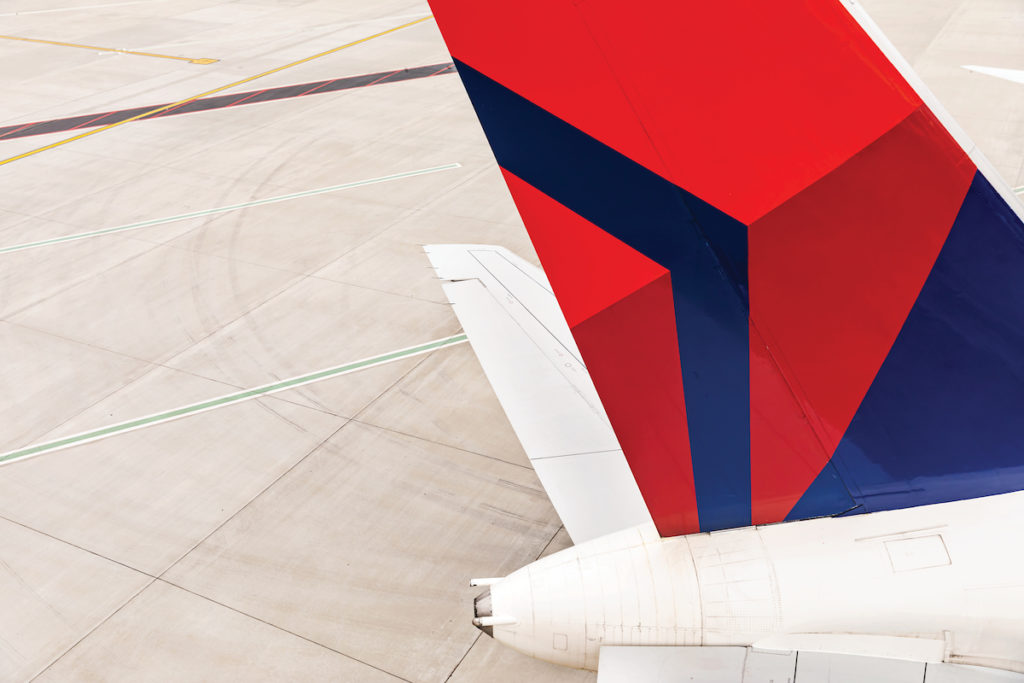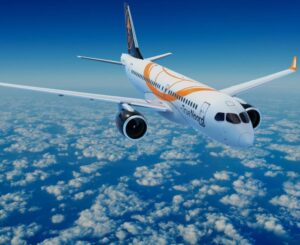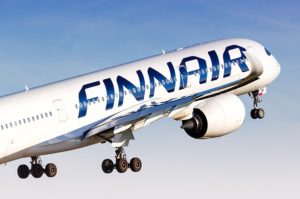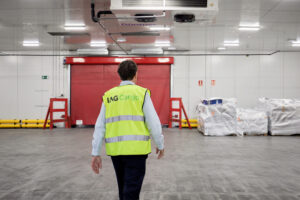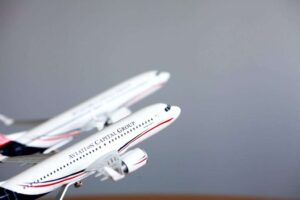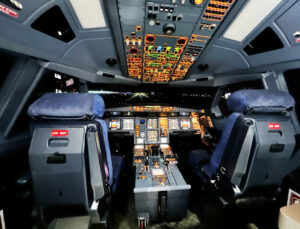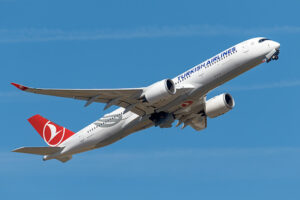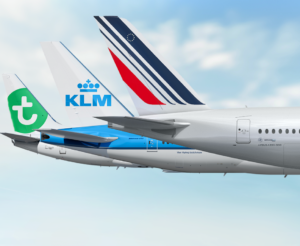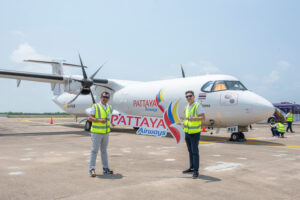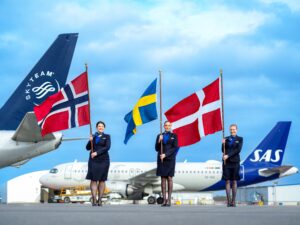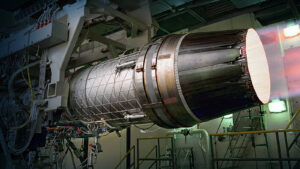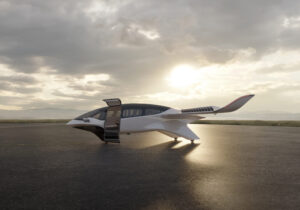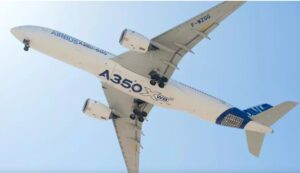As the aviation industry grapples with increased costs, including those related to fuel and labour, Delta Air Lines is taking steps to reduce its expenses. The company is implementing a series of measures, including corporate job cuts, to align with its financial goals. In a statement provided to CNBC, Delta explained, “While we’re not yet back to full capacity, now is the time to make adjustments to programmes, budgets and organisational structures across Delta to meet our stated goals — one part of this effort includes adjustments to corporate staffing in support of these changes.” The company emphasised that these decisions are made with careful consideration and respect for their affected team members and the Delta family.
Although Delta did not specify the exact number of jobs being cut, a spokesperson described them as a “small adjustment” to corporate and management positions. Front-line workers such as pilots, flight attendants and mechanics will not be affected by these cuts. Delta recently reported strong travel demand, which helped it offset some of its increased costs. In the third quarter, the company posted a profit of US$1.1 billion, a nearly 60% increase compared to the previous year. However, it had previously warned that higher costs were impacting its bottom line.
Looking ahead, Delta’s Chief Financial Officer, Dan Janki, expressed optimism, saying, “Growth is normalising next year and we expect operational reliability to continue to improve. This will allow us to optimise how we run the airline, reducing operational buffers and driving out inefficiencies that have resulted from the intensity of the rebuild.”
During the later stages of the COVID-pandemic, Delta, along with other carriers, hired thousands of workers to meet the resurgence in travel demand. The Atlanta-based airline now employs approximately 100,000 people, a notable increase from the approximately 83,000 employees it had at the end of 2021.

